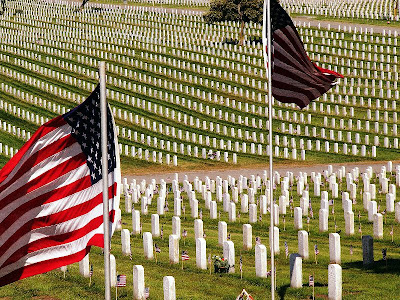Sitting at home on Thursday evening and watching TV and as the news was just finishing it happened. The northern section of the I-5 Bridge over the Skagit River collapsed into the river. It was stunning to see and coverage lasted into the night. Here is a story and pictures taken from the internet and special thanks to NBC for the story:
The collapse of a bridge on a major West Coast highway could cost the state of Washington at least $47 million in lost economic output, as well lost jobs and tax revenues similar to the impact of a flood five years ago that also shut down another section of the road, officials said Friday.
Brian Bonlender, Director of the State Department of Commerce said it would be difficult to pinpoint the exact economic impact because it depends on how long the road is out of service, how much traffic was disrupted and delayed by detour routes.
But, based on a flood in 2007 that washed out a section of Interstate 5 in Chehalis and closed Interstate-5 in both directions for four days, he was able to estimate economic losses from Thursday's Skagit River Bridge collapse.
"We’re still calculating, but certainly expect the impact of the Skagit River Bridge disruption to be similar," Bonlender said in comments e-mailed to NBC News. He said total lost economic output from the 2007 floods was $47.07 million, with 290 jobs lost for one year following the closure. The state tax revenue loss was $2.39 million.
Bonlender also noted that Canada is Washington’s No. 2 trading partner ($33.4 billion total imports and exports). It was important to determine how feasible it is to switch some traffic to rail from road, he said.
The bridge collapse will also play havoc with commercial traffic and disrupt the Memorial Day holiday for many Americans who plan to spend the start of the summer season shopping, camping, or taking excursions. Trucks and traffic from Interstate 5 have been rerouted and Gov. Jay Inslee has urged travelers to avoid the I-5 corridor in the area north of Seattle altogether. That means local businesses will suffer too, as many rely on customers from the main north-south highway.
On the other side of the border, Canadian tourism officials were also concerned that Thursday's bridge collapse would prevent Americans from traveling across the border for a last weekend of skiing, a day's mountain biking or a round of golf. All this on a holiday, when the AAA motoring organization estimates that nearly 35 million Americans will travel 50 miles or more from their homes by car.
Bob Lama, a board member of the Chamber of Commerce in Mount Vernon, Wash., said the collapse will affect not just local traffic, but Canadians coming south and Americans going north.
"It’s going to impact everybody, business and non-business,” Lama told The Seattle Times. “The Department of Transportation has their work cut out for them to figure out what to do.’’
Washington state officials say sections of the highway will have to rebuilt around the four-lane bridge, which carried an average daily traffic of 70,925 vehicles in 2010, according to the National Bridge Inventory Database.
The Washington State Department of Transportation has suggested alternative routes, but they involve smaller roads and bridges that cannot handle the same volume of traffic as the huge Interstate 5, which travels the length of the west coast from San Diego to Oregon and Washington before reaching the border with Canada.
Just north of the collapsed Skagit River bridge, is the huge Cascade Mall shopping center in Burlington, which attracts customers from a wide radius. Canadians from Vancouver and other parts of British Columbia often make trips to the outlet mall looking for bargains because of the near parity nowadays between the U.S. and Canadian dollars.
“A lot of Canadian shoppers travel that corridor, said Jenny O'Brien, who handles marketing for the Cascade Mall. "Obviously it will have an impact, when you get cars off the road." She said the mall was working with local communities and state transportation officials to see how altered traffic patterns might affect operations at the mall, which includes a Macy's, a Sears and a TJ Maxx, which is actually opening this weekend.
"This is the main thoroughfare for traffic and commerce going from Seattle to Vancouver,” said Burlington Mayor Steve Sexton. “It’s a far-reaching effect. This is going to affect us not only this Memorial Day weekend, but long into the future,’’ Sexton said.
Canadians are worried too. Amber Sessions, a spokeswoman for Tourism Vancouver, said the city that hosted the 2010 Winter Olympics had more than 8 million visitors last year -- 475,000 of them from Washington state.
"The bridge collapse is on the main road from Seattle to Vancouver: it's not great news, for the flow of cross-border traffic. But it's not catastrophic, at least nobody was killed."
Sessions said the busiest time for American tourists visiting the city, often referred to as Canada's LA because of its art and film-making community, its theaters and restaurants, was any long U. S. holiday weekend like Memorial Day or Martin Luther King Day in January.
Thank you to Steve James of NBC News for this story















































